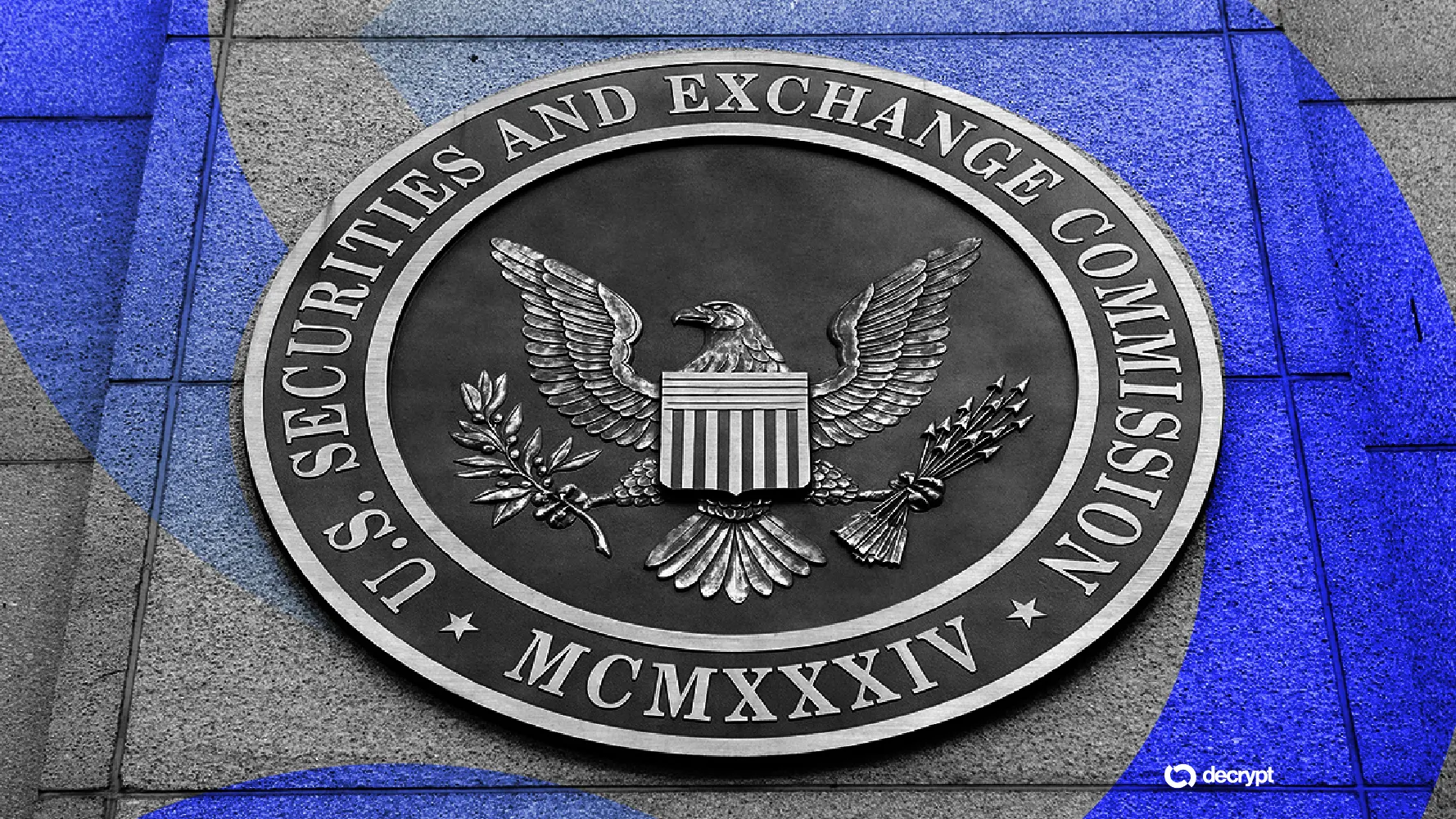In brief
- The SEC exempted liquid staking services from regulation Tuesday.
- Services like Lido and Jito are now formally greenlit to issue staking tokens and pay out crypto staking rewards to customers without registering with the agency.
- The move follows a similar SEC exemption in May that permitted unregulated self-custodial and custodial staking.
The SEC issued its latest crypto-focused exemptive statement Tuesday, formally greenlighting the activities of liquid staking providers, including issuing staking tokens and paying users financial rewards.
The announcement comes two months after the agency issued a similar statement exempting self-custodial staking with a third party, self-staking, and custodial staking from securities regulation.
Now, some of DeFi’s biggest players have been invited to the party—with their business activities confirmed to be outside the SEC’s jurisdiction.
"Today's guidance on liquid staking shows the same nuanced understanding of [liquid-staking-token] technology that the Crypto Task Force exhibited when we met with them on this topic back in February," Jito Labs CEO Lucas Bruder told Decrypt. "We are gratified to have worked with so many other in the industry, across ecosystems, in collaboration with the SEC on this important topic," he said.
Top liquid staking projects like Ethereum’s Lido and Solana’s Jito are lynchpins of the decentralized finance ecosystem, which allow users to deposit crypto and receive staking tokens—thus remaining “liquid”—that track the value of the deposited token. (Lido gives ETH depositors stETH; Jito hands JitoSOL to SOL depositors.) DeFi users can then trade with their staking receipt tokens across protocols while their deposits accrue staking rewards.
DeFi broadly refers to crypto-native applications that allow traders to transact without third-party intermediaries. DeFi applications are the lifeblood of the on-chain economy, enabling users to interact with, buy, borrow, lend or sell crypto assets without giving up control of their assets to a custodian or disclosing personal information like names and addresses.
Projects like Lido and Jito have accumulated vast amounts of the world’s top cryptocurrencies by offering such services. Lido, for instance, currently holds over $31 billion worth of ETH, according to DeFi Llama—making it the largest player across all of decentralized finance generally, and handily the top ETH staker globally.
Today’s SEC statement makes explicit that in offering staking tokens like stETH, and paying out ETH staking rewards to customers, liquid stakers like Lido are explicitly not engaging in securities offerings, and do not need to register with the SEC to continue providing such services.
“[I]t is the Division’s view that participants in Liquid Staking Activities do not need to register with the Commission transactions under the Securities Act, or fall within one of the Securities Act’s exemptions from registration in connection with these Liquid Staking Activities,” the agency said today.
The exemption is the latest in a string of similar moves made by the SEC since President Donald Trump’s return to power, to explicitly carve out core sectors of the crypto market from the agency’s jurisdiction. Other statements in recent months have exempted crypto mining, meme coin trading, and stablecoins from the agency’s purview.
Those moves have accompanied a shutdown of nearly every crypto-focused lawsuit and investigation instigated under previous administrations. The SEC, under the Biden administration, sued several custodial staking providers for offering staking rewards to customers, but never filed lawsuits against liquid staking providers like Lido and Jito.
Editor's note: This story was updated after publication to include comment from Jito Labs CEO Lucas Bruder.

